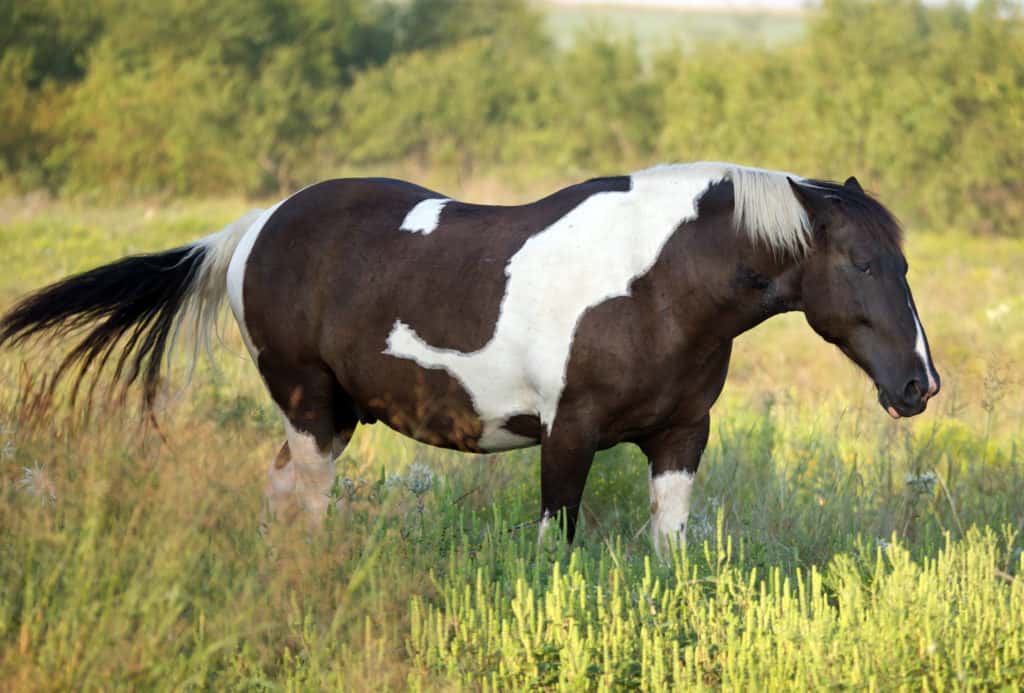
Trace Mineral Basics: Zinc and Copper
Learn more about these trace minerals that are vital to horse health.

Learn more about these trace minerals that are vital to horse health.

Health problems can arise when animals—including horses—and people come into contact with the various toxins produced by blue-green algae.

My filly is licking and biting her salt block obsessively. Is it possible for her to eat too much salt?

Researchers found a significant difference in how they body condition scored horses compared to the animals’ owners, who tended to underestimate body condition.

Researchers found that horses with EGS had significantly reduced bacterial diversity compared to their healthy counterparts.

Why might replacing long-stem hay with hay pellets help resolve a senior horse’s loose manure? Our equine nutritionist weighs in.

Making dietary changes as horses lose their ability to grind long-stem hay will help prevent weight loss and other issues that can affect older horses.

A successful equine slim-down program includes frequent weight assessments, smart feeding techniques, and various forms of exercise.

These findings could eventually help veterinarians tailor medical care, feeding, and training to individual horses.

Our nutritionist helps a reader make sense of horse feeds advertised as low-sugar, low-starch, lite, and more.

Find out how some simple diet changes might help calm your hyperactive horse.

Minimize your horse’s risk of ingesting a deadly plant by identifying and eliminating harmful species.

Is your parasite control program right for your horses? Find out and get your deworming questions answered!

While an average 1,100-pound adult horse at rest or lightly exercised requires only 400 milligrams per day, this mineral is important to bone and cartilage development.

Learn more about nutrition’s role in the development and management of equine endocrine disorders and how you can reduce your horse’s risk of developing a secondary disease.

Foals with a selenium deficiency are at risk of developing white muscle disease, which leads to skeletal and cardiac muscle abnormalities.
Stay on top of the most recent Horse Health news with
"*" indicates required fields